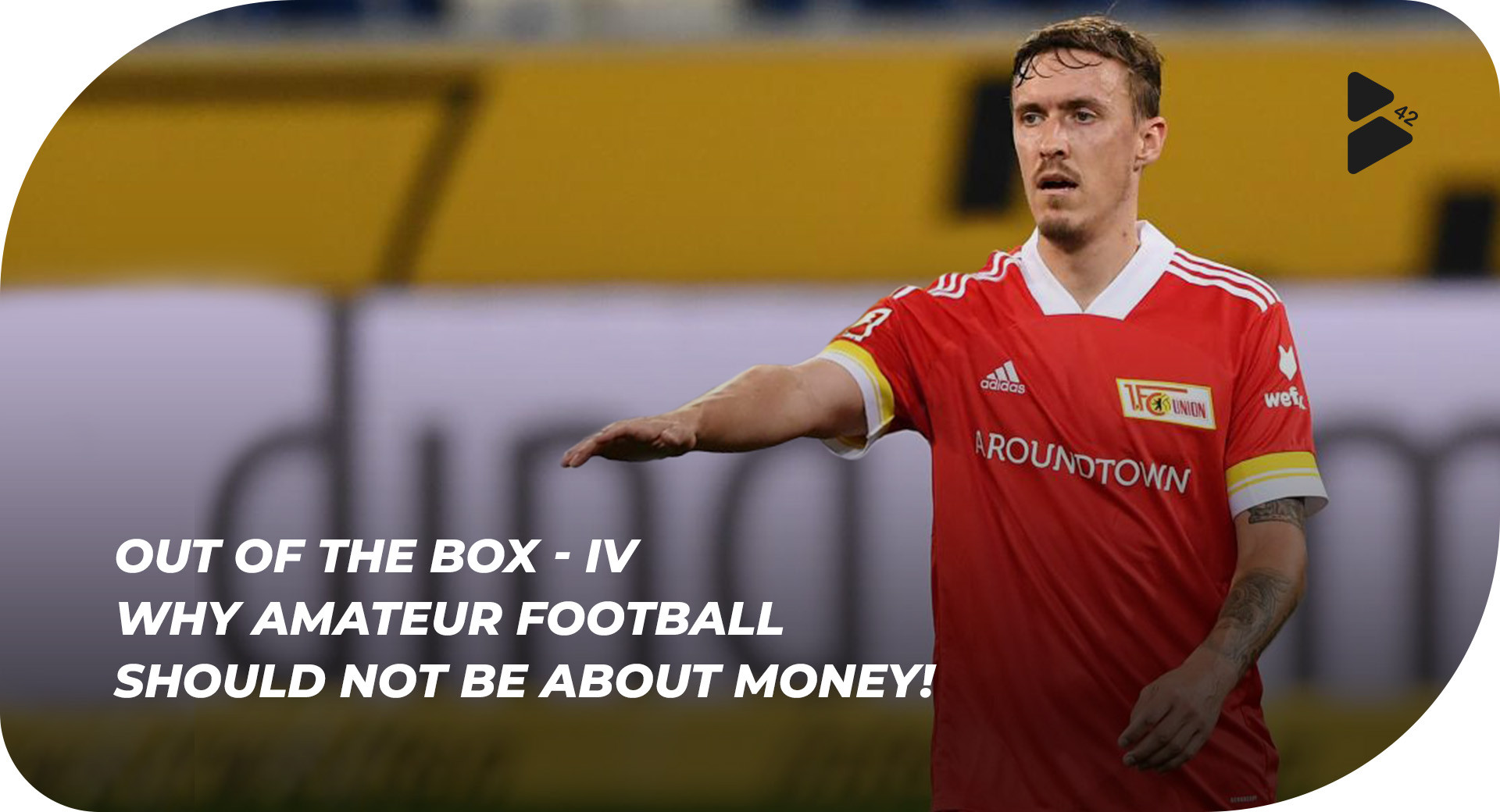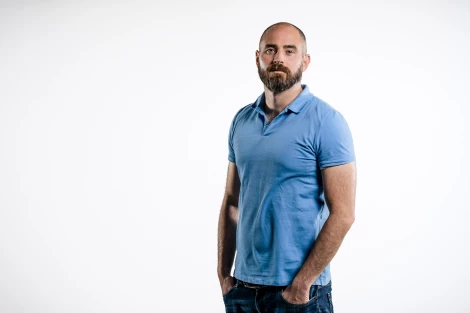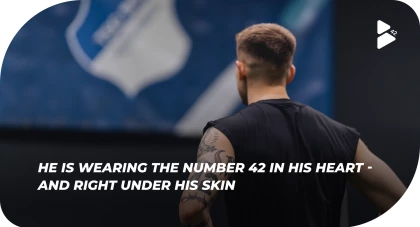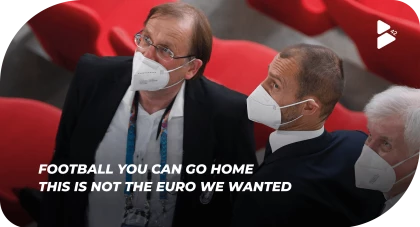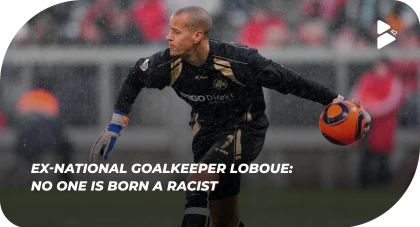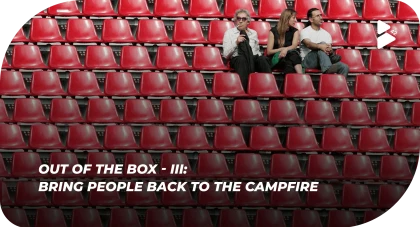To the surprise of many, Max Kruse - self-chosen brand name "MK10" - has used the recent winter transfer window to move from the likeable surprise club Union Berlin to VfL Wolfsburg, "a traditional club since Fifa 98". Kruse made no secret of the fact that money played a major role in the transfer. Max Kruse is a professional footballer and it is therefore legitimate for him to make such a decision dependent on financial aspects. As a professional footballer, however, he is also a role model. The message that he sends out to many football enthusiasts in Germany through his move: Money is above club loyalty, above team cohesion, above a feel-good atmosphere – yes, even above sporting success.
As we have known since the documentary "Billions in Amateur Football", there are also many footballers in the lower leagues who are paid and for whom money is a very strong motivation to play for a club. This also means that it is not uncommon for these players to leave the club again when a better financial offer comes along. In academic literature, this is referred to as the "changer" type of player; in everyday language, the term "mercenary" is also used.
I scientifically accompanied the survey, the results of which were partly published in the context of "Billions of amateur football", and analysed the data. A specialist article on this will be published in the "Leipziger Sportwissenschaftliche Beiträgen" in the next few weeks. Here is an overview of the most important results from my point of view:


